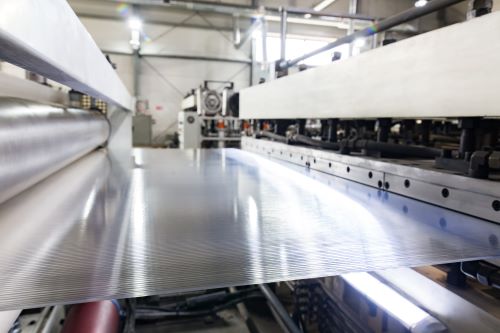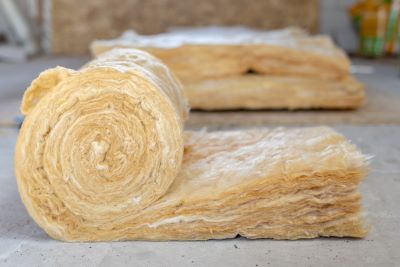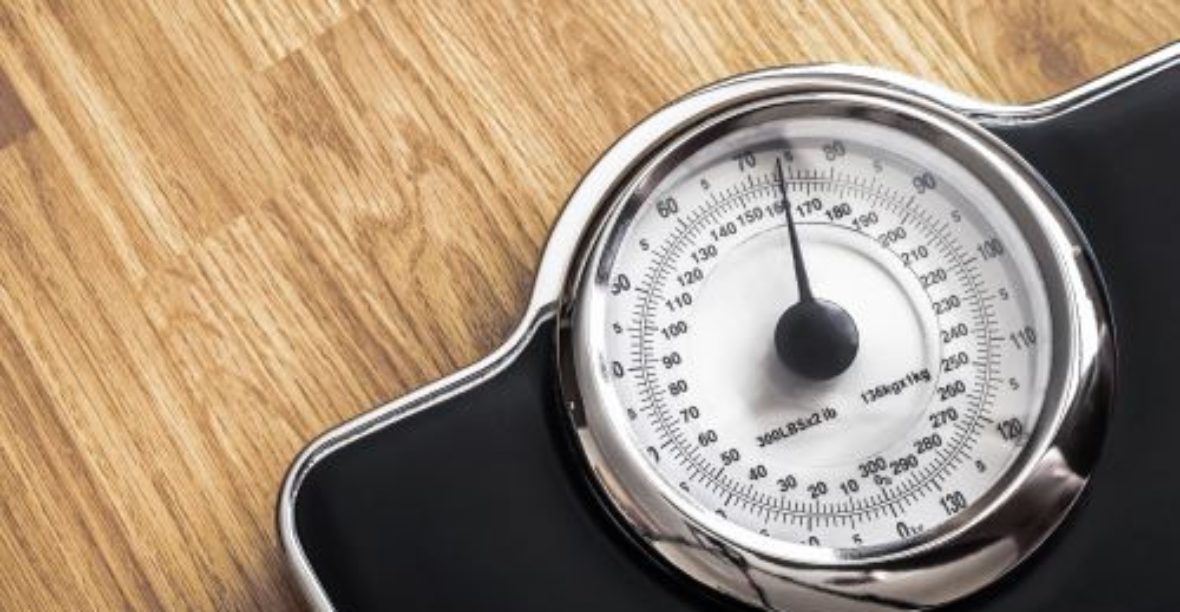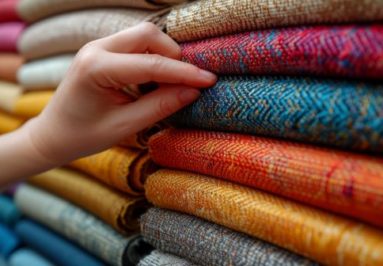If you’ve ever worked with mass loaded vinyl in a wall soundproofing project, you’ve probably noticed that it’s a pretty heavy material. As the name states, mass loaded vinyl is used to add mass to walls and improve the amount of sound they can block, which is measured by the wall’s STC rating.
Multiple layers of drywall can also be used to increase the mass of a wall, however, in order to achieve the same results as one layer of MLV you would need 2-3 additional layers of drywall. In this way, mass loaded vinyl is actually a much more cost-effective and labor-effective option for wall soundproofing than multiple layers of drywall.
Mass Loaded Vinyl Thickness, Density & Weight
Mass loaded vinyl comes in a variety of weights and thicknesses, however, the density of the material remains the same no matter the thickness or weight per square foot. All mass loaded vinyl is the same density, but it is extruded at different thicknesses – the most common thickness and weight is 1/8″ thick, 1 lb/sf. Some other options for MLV weight and thickness include:
- 1/16″ thick, 1/2 lb/sf mass loaded vinyl
- 1/4″ thick, 2 lb/sf mass loaded vinyl
Half pound mass loaded vinyl is typically reserved for use in metal stud wall assemblies, while 1 pound MLV is ideal in wood stud wall assemblies, or metal stud wall assemblies requiring STC 55+. Meanwhile, 2 pound MLV is typically required for soundproofing mechanical rooms, since it’s better at blocking low-frequency, vibrational noise.

Does Heavier Weight MLV Have a Higher Density?
Light mass loaded vinyl will have the same density as a heavier mass loaded vinyl. Factories have special extrusion machines so they cam adjust the thickness at which the material is extruded.
Although each thickness and weight of MLV is the same density, they do not have the same STC rating. Each one will have it’s own unique, stand-alone STC rating, and will impact the soundproof ability of a wall assembly differently.
Types of Heavy Mass Loaded Vinyl
There are two different types of mass loaded vinyl – PVC based MLV and EVA based MLV. PVC based mass loaded vinyl is made using plasticizers, which make the normally rigid vinyl flexible. Plasticizers can cause harsh off-gassing, and as off-gassing causes the plasticizers break down over time, the MLV becomes very brittle and will start to crumble.
Higher quality mass loaded vinyl is EVA based, which is naturally flexible and does not require the use of plasticizers. Since it does not off-gas, it does not cause unwanted odors or cause the material to break down as quickly. EVA based vinyl lasts much linger than it’s PVC counterpart, and also provides better STC rating results in lab tests.
Reinforced MLV is PVC based, but is extruded with reinforced carbon fiber and UV protection so that it can be used outdoors. Typically reinforced mass loaded vinyl is like standard MLV – 1 lb/sf and 1/8″ thick. People will typically hang this on an exterior fence to reduce noise disturbances from a busy road or noisy neighbors.
Other Sound Treatment Materials – Thickness, Weight & Density

Similar to mass loaded vinyl, the thickness of sound treatment materials such as acoustic wall panels (used for sound absorption) can affect how they perform. For example, acoustic wall panels often come in 1″ or 2″ thicknesses, with the 2″ thick material performing better and absorbing more sound than the 1″ material.
However, unlike mass loaded vinyl, acoustic wall panels are available in different thicknesses AND different densities. A typical acoustic panel is made with 6 pcf (pounds per cubic foot) fiberglass core but some people opt for a 3 pcf fiberglass core to save on costs. The 3 pcf material is not as absorptive as the 6 pcf material, so you would need more square footage of treatment with the lower performing material to achieve similar results.
How Heavy Does Mass Loaded Vinyl Get?
The short answer is – the heaviest weight you’ll find mass loaded vinyl is 2 lb/sf and 1/4″ thick. Other weights include 1/2 pound, 0.6 pound, and then the most common – 1 pound.





